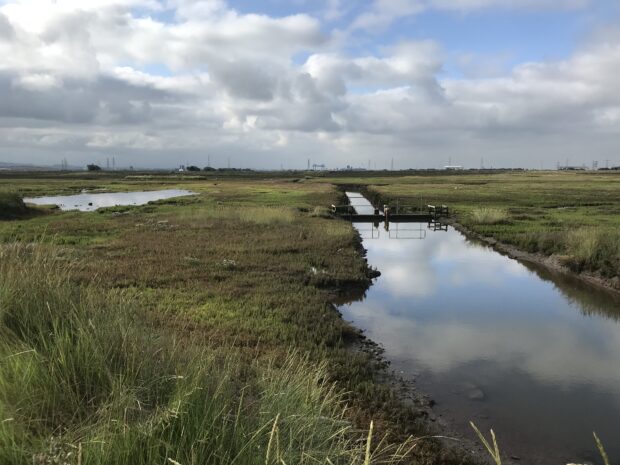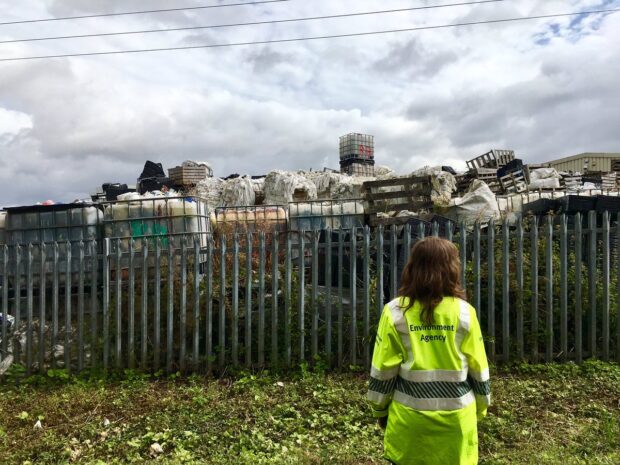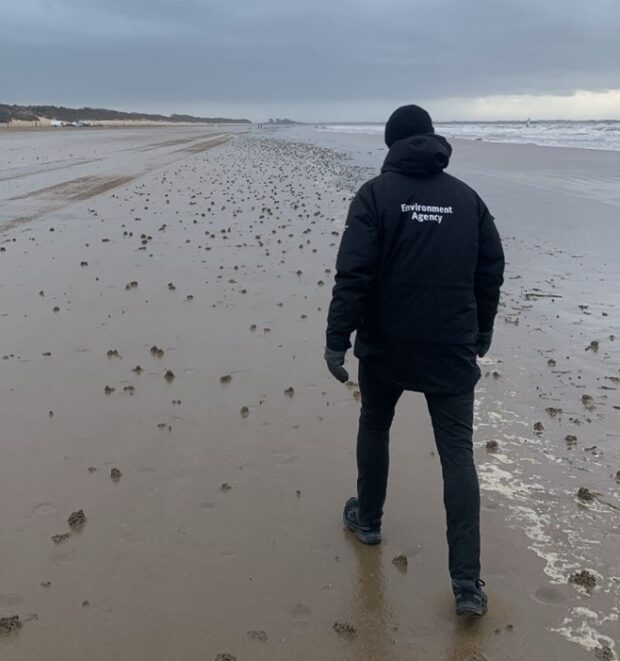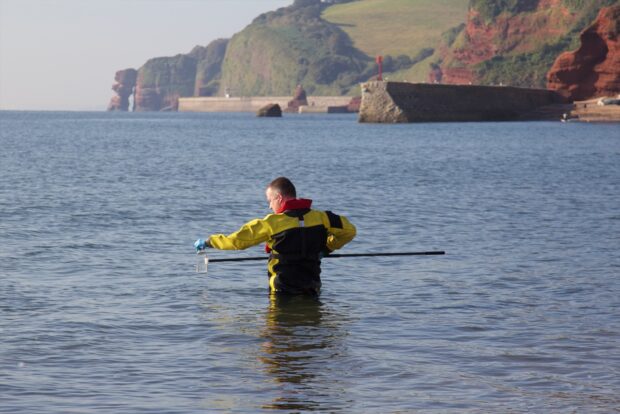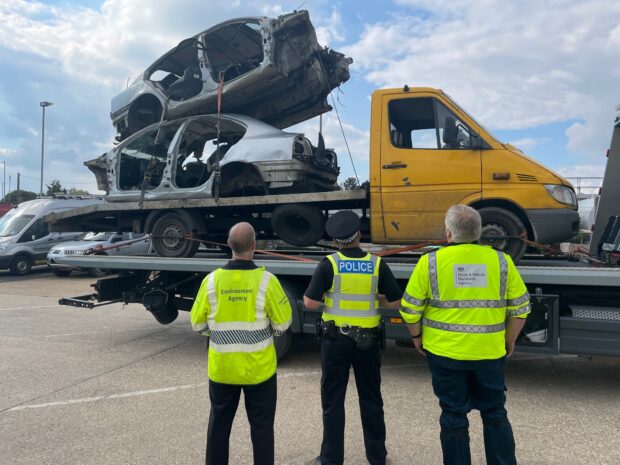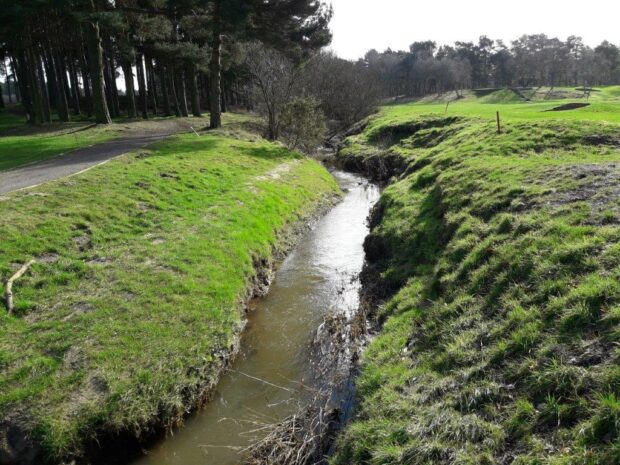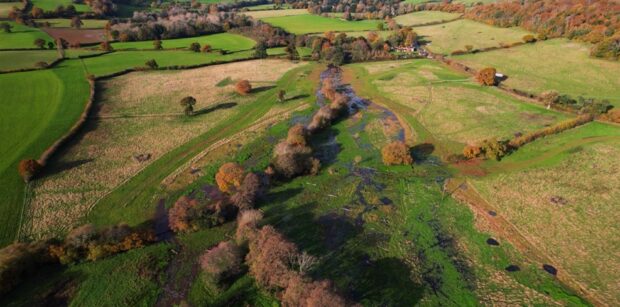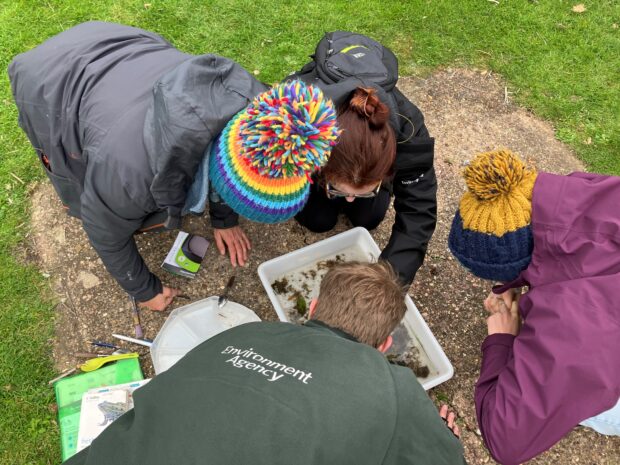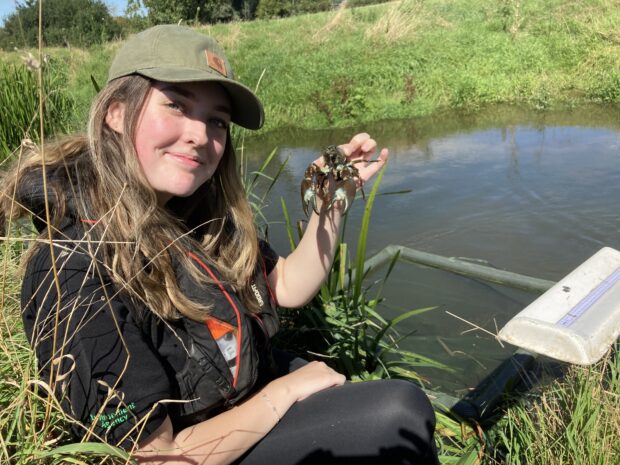Environment Agency
A recent collaboration involving the Environment Agency, the environmental consultancy Jacobs and Manchester Metropolitan University (MMU) is shining a light on the role of restored saltmarshes in storing blue carbon – carbon captured by the oceans and coastal ecosystems. The …
By Joanna Larmour, deputy director of the Environment Agency’s National Enforcement Service Waste crime has been going on for too long – and the Environment Agency is taking action. That’s why we’re committing more resources than ever to find, identify …
The Environment Agency conducts weekly sampling during the bathing water season, which spans from May to September. Across the UK, there are 424 designated bathing water sites, 49 of these sit within Wessex. Each one of these sites is …
Our blog on 1 February explained how we approach monitoring, sampling and testing of bathing waters and our approach to keeping public informed and warned when there are short term risks of pollution which bathers would rightly want to be …
In his role as a Waste Crime Engagement Specialist, it’s Stuart Hoyle's job to identify and forge working relationships with other organisations that can help us shut down waste criminals for good. Working with partners brings additional powers and resources …
As a Catchment Coordinator for the Environment Agency, my role is quite varied. I develop projects to improve our rivers with partner organisations, I support local catchment partnerships - groups of organisations that come together to improve the water environment …
The National Trust, in partnership with the Environment Agency, are continuing work on the Porlock Vale Streams Riverlands (PVSR) Project on Holnicote Estate, West Somerset, and recently completed the River Aller Floodplain Reconnection scheme. The project started in 2018 under …
Yesterday (Sunday 11 February) marked the ninth annual International Day of Women and Girls in Science – a UN designated celebration of the massive contribution women make to the fields of science and technology. Today, we look at a hugely important …
Natalie Parkinson is a 19-year-old student from Stoke-On-Trent. A year ago, she moved to Ely in Cambridgeshire to do a five-year Environmental Practitioner Degree Apprenticeship with the Environment Agency. It’s a full-time, paid job with a finite end but, assuming …
Our chair Alan Lovell reflects on our progress to achieve government’s Environmental Improvement Plan (EIP) goals. One year ago, the government published the Environmental Improvement Plan (EIP) to halt and reverse the decline of nature in our country. With climate …
